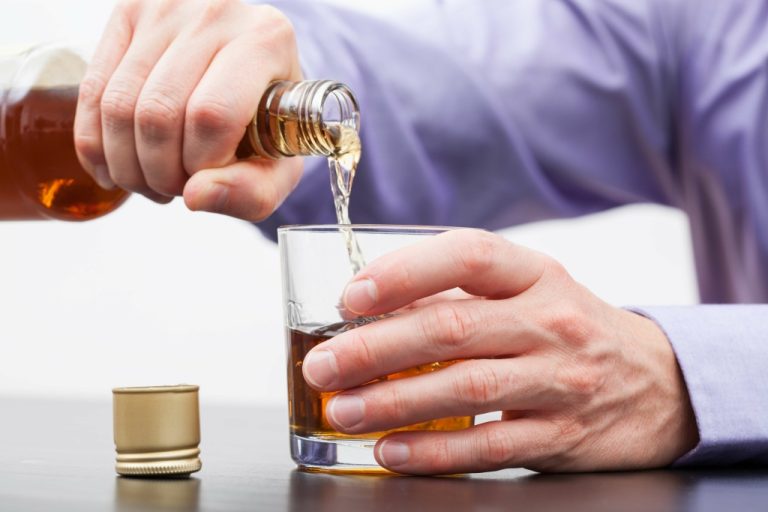This feeling comes up as you adjust to not drinking or using drugs and explore life without them. P.S. If you need help navigating your journey to recovery, contact me for help. I’m here to help you or your loved one find the right addiction treatment program for your unique needs.

Building a Strong Support Network: Friends, Family, and Support Groups
Think about activities you like to do and find groups supporting them. This will not only help you keep busy but will also help you avoid feeling alone. While each provides evidence-based and individualized addiction treatment, each facility also offers co-occurring mental health disorder treatment. Reach out to connect with a knowledgeable admissions navigator, who can answer your questions, explain the options, and help you begin a path towards lasting recovery. Connecting with a support group can also help you feel less alone on your journey. Social media connects people on a superficial level, but it doesn’t actually promote strong, meaningful interpersonal connections.

Loneliness and Addiction: Is There a Link?

This tore apart the relationships with my wife and kids, co-workers, and long-time friends – anyone who loved or cared about me at all. The only time I was able to get out of my head was when I was good-n-drunk. But, I sure didn’t expect these feelings of loneliness to continue on in sobriety. During and after rehab people must learn to build or rebuild their social support networks. It is easy to feel isolated and alone while you try to find the right support group, mend broken relationships, and end toxic associations with those who took part in your addiction.
Ten Ways to Combat Loneliness in Recovery
- Involve your friends and family, stay active and healthy, learn something new, and take advantage of the support systems available to you.
- Attempting to navigate relationships and social events with non-users brings its own challenges.
- As relationships are rebuilt, individuals may find a renewed sense of belonging, which can significantly alleviate feelings of loneliness.
Attend events where you could meet like-minded individuals, like open-mic nights or community gatherings. Joining online social media groups can also help expand your https://arsaman.ru/news/toni_adams_pochemu_venger_ne_vzjal_by_menja_v_svoi_pomoshhniki/2017-05-19-11990 network and forge new connections. Another way to manage loneliness is by communicating with loved ones and people in your support group.
Coping with loneliness in recovery is essential for individuals overcoming substance https://allmedbook.ru/search/?q=%28%D0%B2%D0%BE%D0%BF%D1%80%D0%BE%D1%81%D1%8B;t=1;p=26;md= use disorder. Recognizing and addressing feelings of isolation can significantly promote mental, emotional, and physical well-being. It allows individuals to regain a sense of control over their lives and adapt to new circumstances, aiding in their journey toward healing and growth.
![]()
Loneliness, Recovery, and SUD: What the Science Says
- Many people are by themselves but don’t feel lonely, while others can feel lonely in a room full of people.
- This article explores how embracing accountability within a community transforms the recovery journey, providing both practical tools and emotional support.
- It’s very common for people with addiction to push their family and friends away.
If you continue to struggle with loneliness for weeks or months, consider seeking professional support. Counseling also treats co-occurring mental health issues like depression and loneliness-related anxiety. Loneliness acts as a major trigger for relapse during addiction https://www.linkin-park.biz/page.php?id=184 recovery. The National Institute on Drug Abuse notes that the loss of substance use connections results in a gap that is difficult to fill.

